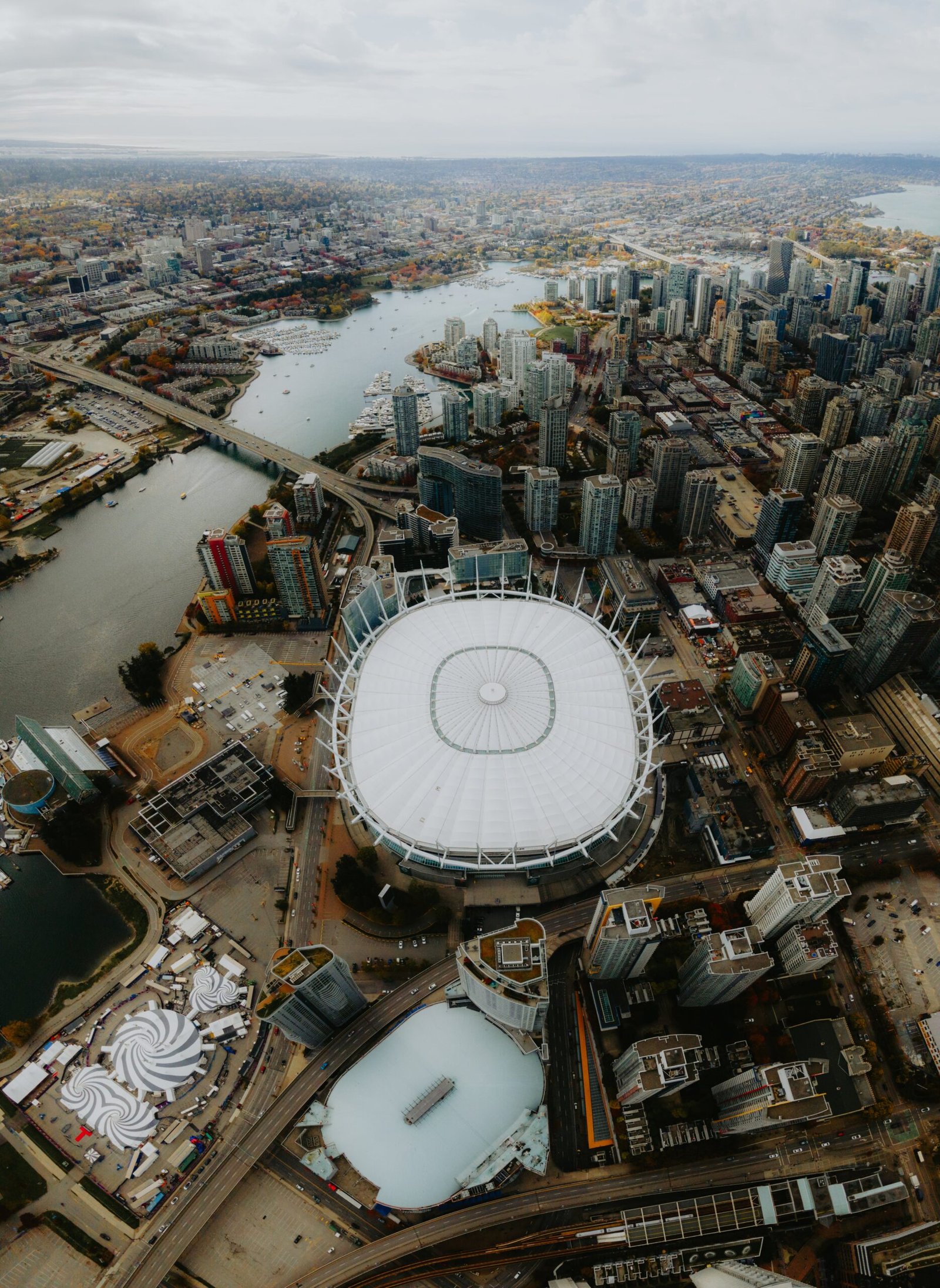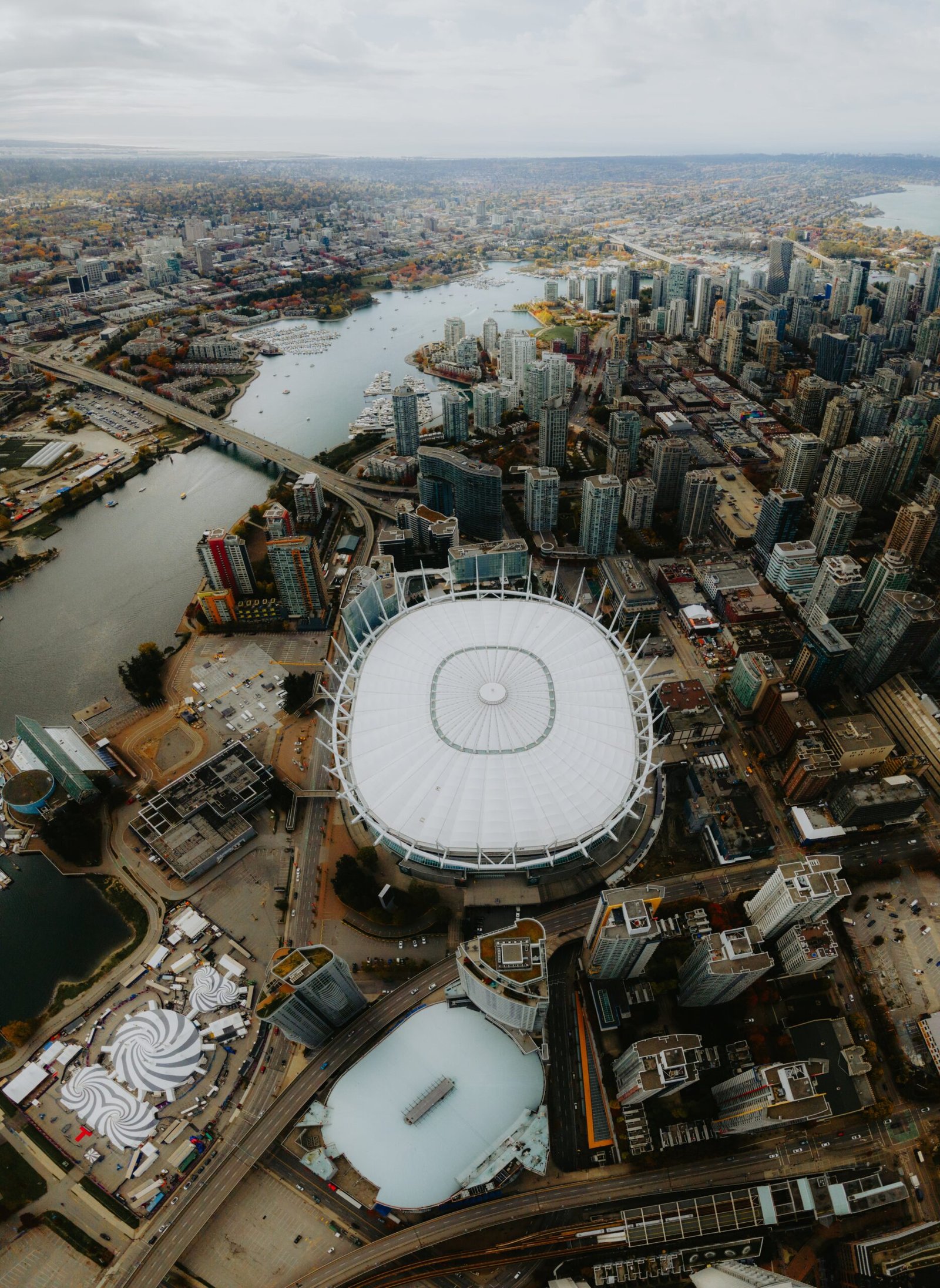You’ve probably found yourself stuck in bumper-to-bumper traffic one too many times, wondering if there’s any way to ease the frustration and make your commute smoother. Well, the good news is that artificial intelligence (AI) might just hold the answer. With its ability to analyze massive amounts of data and make intelligent predictions, AI has the potential to revolutionize traffic management systems and alleviate congestion on our roads. But, can AI really live up to the task? Let’s explore how this groundbreaking technology is transforming the way we navigate our bustling cities.
Advantages of AI in Traffic Management
Enhanced Traffic Flow
AI technology has the potential to greatly enhance traffic flow by analyzing vast amounts of data in real-time. By collecting information from various sources such as traffic cameras, road sensors, and GPS data, AI can intelligently assess the current traffic situation and make data-driven decisions to optimize traffic patterns. This means that traffic can be managed more efficiently, ensuring smoother and faster movement of vehicles.
Reduced Congestion
One of the biggest advantages of AI in traffic management is the potential to reduce congestion on roads. Through advanced algorithms and predictive modeling, AI can accurately anticipate traffic patterns and make adjustments to improve traffic flow. By dynamically adjusting traffic signal timings, rerouting vehicles, and providing alternative routes, AI can help prevent bottlenecks and alleviate congestion, leading to reduced travel times for commuters.
Improved Safety
AI technology plays a crucial role in improving safety on the roads. With the help of computer vision and machine learning algorithms, AI can detect and analyze traffic violations such as speeding, running red lights, or illegal lane changes. This allows for the automated enforcement of traffic laws, reducing the risk of accidents caused by human error. Additionally, AI-powered systems can also alert drivers and pedestrians about potential hazards in real-time, making roads safer for everyone.
Real-time Traffic Monitoring
AI enables real-time traffic monitoring, which provides valuable insights to traffic management authorities. By continuously analyzing data from various sources, including CCTV cameras, sensors, and social media feeds, AI can generate accurate and up-to-date information about traffic conditions. This information can be used to proactively manage traffic, respond to emergencies, and provide timely updates to commuters, thereby improving overall efficiency and convenience.
AI Technologies for Traffic Management
Machine Learning
Machine learning is a key AI technology that enables computers to learn and make predictions or decisions without being explicitly programmed. In traffic management, machine learning algorithms can be trained on historical traffic data to identify patterns, predict traffic congestion, and optimize traffic flow. These algorithms can continually learn and adapt to changing traffic conditions, making them highly effective in managing complex traffic situations.
Computer Vision
Computer vision technology allows machines to visually perceive and interpret the environment. In traffic management, computer vision is used for tasks such as vehicle detection and tracking, license plate recognition, and identifying traffic violations. By analyzing video footage from surveillance cameras, computer vision algorithms can provide real-time insights into traffic conditions, enabling authorities to take appropriate actions to manage traffic.
Natural Language Processing
Natural language processing (NLP) deals with the interaction between computers and human language. In the context of traffic management, NLP can be used to analyze textual data from sources like social media, traffic reports, and public announcements to gain insights about road conditions, accidents, and traffic congestion. NLP algorithms can extract relevant information and categorize it, enabling traffic management authorities to respond effectively to incidents and provide timely information to the public.

This image is property of images.pexels.com.
Applications of AI in Traffic Management
Intelligent Traffic Signal Control
AI-powered intelligent traffic signal control systems use real-time data and machine learning algorithms to optimize traffic signal timings. These systems can dynamically adjust signal timings based on traffic conditions, reducing waiting times at intersections and minimizing traffic congestion. By analyzing traffic flow patterns and responding to changes in real-time, intelligent traffic signal control systems help create a more efficient and synchronized traffic network.
Traffic Prediction and Routing
AI can improve traffic prediction and routing by analyzing historical and real-time traffic data. Machine learning algorithms can learn from patterns in the data to make accurate predictions about future traffic conditions. This information can be utilized to provide commuters with real-time traffic updates, suggest alternate routes, and optimize traffic flow. By dynamically adapting to changing traffic conditions, AI-powered traffic prediction and routing systems can help reduce travel times and improve overall efficiency.
Accident Detection and Management
AI technologies such as computer vision and machine learning can be used to autonomously detect and analyze accidents in real-time. By analyzing video footage from traffic cameras, AI can quickly identify incidents and alert traffic management authorities. This enables faster emergency response and can help minimize the impact of accidents on traffic flow. Additionally, AI can also assist in managing traffic diversion and rerouting to minimize disruptions caused by accidents.
Smart Parking Systems
AI can revolutionize the way parking is managed through the implementation of smart parking systems. By utilizing real-time data from sensors and cameras, AI can accurately determine the availability of parking spaces in real-time. This information can be communicated to drivers through mobile apps or digital signage, helping them find parking spots more quickly and reducing congestion caused by drivers searching for parking. Smart parking systems can also optimize parking space allocation and pricing, leading to efficient utilization of parking resources.
Challenges and Limitations of AI in Traffic Management
Data Privacy and Security
The widespread use of AI in traffic management involves the collection and analysis of large volumes of data. This raises concerns about data privacy and security. Measures must be put in place to ensure that sensitive information, such as license plate numbers or personal details, are protected from unauthorized access or misuse. Traffic management authorities should prioritize implementing robust data protection measures and adhere to strict privacy regulations to maintain public trust.
Ethical Considerations
The use of AI in traffic management decisions raises ethical considerations. For example, when it comes to autonomous vehicles, AI algorithms must be programmed to make split-second decisions in potentially dangerous situations. Balancing the safety and well-being of all road users, including pedestrians and passengers, with principles such as fairness and non-discrimination is a complex challenge. It is important to carefully consider and address these ethical considerations to ensure that AI is used in traffic management in a responsible and socially beneficial manner.
Technical Limitations
While AI has shown great promise in traffic management, there are still certain technical limitations to be addressed. For instance, AI algorithms heavily rely on the availability of accurate and up-to-date data. In areas with limited data sources or unreliable connectivity, the effectiveness of AI systems may be compromised. Additionally, AI systems may struggle to handle unpredictable events, such as natural disasters or extreme weather conditions, which can significantly impact traffic. Ongoing research and development are required to overcome these technical limitations and ensure the reliability and robustness of AI in traffic management.

This image is property of images.pexels.com.
Case Studies and Examples
City of Los Angeles AI Traffic Management Project
The City of Los Angeles implemented an AI-powered traffic management system to address traffic congestion and improve overall traffic flow. The system utilizes real-time data from traffic cameras, sensors, and GPS devices to monitor and analyze traffic conditions. Machine learning algorithms are then used to predict traffic patterns, optimize signal timings, and provide real-time traffic updates to commuters. The project has shown significant improvements in reducing congestion and travel times, enhancing the overall traffic experience for the residents of Los Angeles.
Singapore’s Smart Traffic Management System
Singapore has been at the forefront of implementing AI in traffic management through its smart traffic management system. The system integrates various AI technologies such as machine learning, computer vision, and data analytics to optimize traffic flow and enhance road safety. It uses real-time data from sensors and cameras to monitor traffic conditions and make data-driven decisions. The system has proven to be highly effective in reducing congestion, improving traffic efficiency, and ensuring smoother travel experiences for commuters in Singapore.
Future Prospects and Potential Impact
Autonomous Vehicles and AI Integration
The integration of AI and autonomous vehicles has the potential to revolutionize traffic management. With AI-powered autonomous vehicles, traffic flow can be optimized through seamless coordination and communication between vehicles, resulting in smoother traffic patterns and reduced congestion. AI can also enhance the safety of autonomous vehicles by analyzing real-time data and making split-second decisions to avoid accidents. The integration of AI and autonomous vehicles holds immense potential for transforming the future of transportation and traffic management.
Smart City Development
AI technologies play a vital role in the development of smart cities, where traffic management is a critical aspect. By leveraging AI, smart cities can enhance traffic flow, reduce congestion, and improve safety. With the integration of sensors, cameras, and AI algorithms, cities can collect and analyze real-time data to make data-driven decisions, optimize traffic signal timings, and provide valuable insights for urban planning. The continued development of smart cities with AI-driven traffic management systems will lead to more efficient, sustainable, and livable urban environments.
Policy and Infrastructure Recommendations
As AI continues to shape traffic management, it is essential to have appropriate policies and infrastructure in place to ensure its effective implementation. Governments and traffic management authorities should establish clear regulations and guidelines regarding the use of AI in traffic management. This includes addressing privacy concerns, defining ethical guidelines, and ensuring the resilient and secure infrastructure required to support AI systems. Collaboration between public and private stakeholders is vital to develop comprehensive policies and infrastructure recommendations that maximize the benefits of AI in traffic management while addressing potential challenges and risks.
In conclusion, AI has the potential to significantly improve traffic management by enhancing traffic flow, reducing congestion, improving safety, and enabling real-time monitoring. Machine learning, computer vision, and natural language processing are key AI technologies that can be leveraged in traffic management systems. Applications of AI in traffic management include intelligent traffic signal control, traffic prediction and routing, accident detection and management, and smart parking systems. However, challenges such as data privacy and security, ethical considerations, and technical limitations need to be carefully addressed. Case studies in Los Angeles and Singapore demonstrate the real-world impact of AI in traffic management. With the future prospects of integrating AI with autonomous vehicles and smart city development, the potential impact of AI in traffic management is immense. Policy and infrastructure recommendations are crucial to ensure the responsible and effective use of AI in traffic management. As AI continues to evolve, it holds great promise for transforming the way we manage traffic and create safer, more efficient transportation systems.

This image is property of images.pexels.com.
